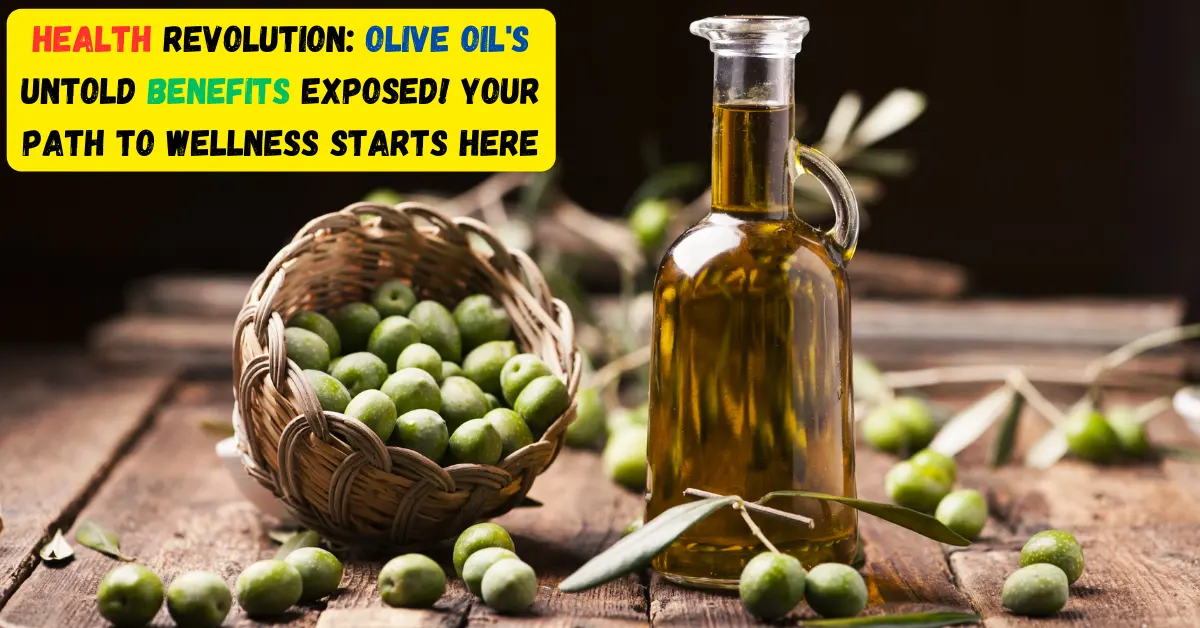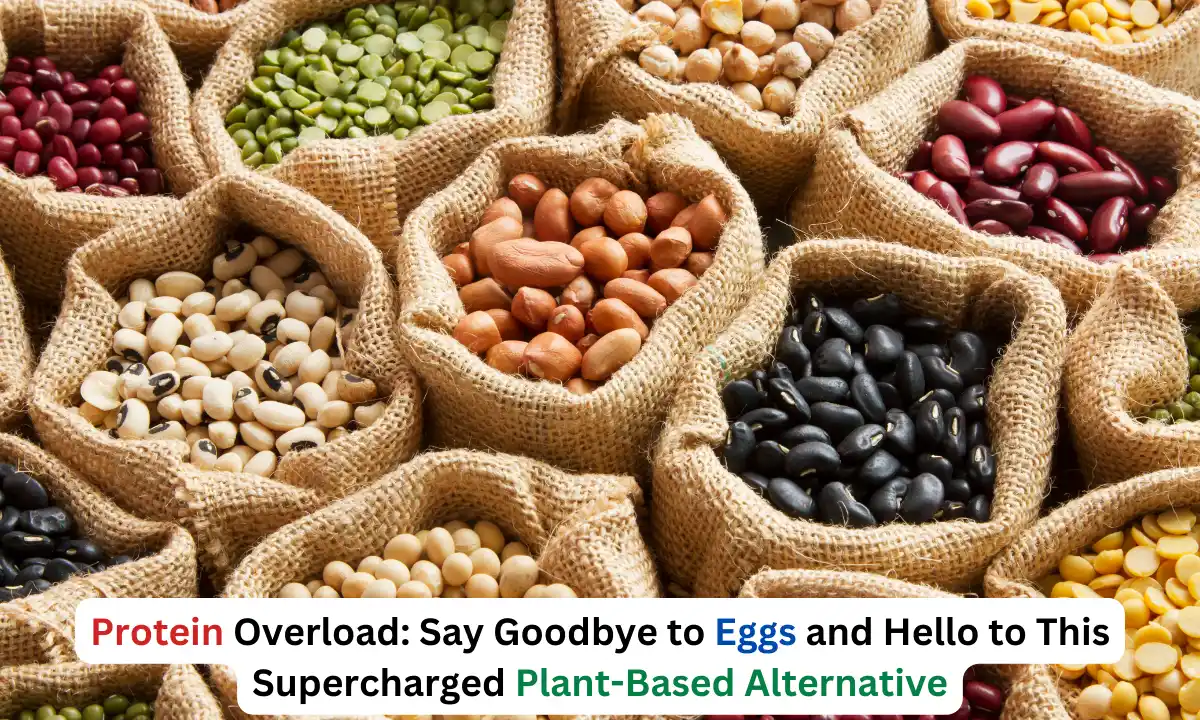
Shocking! These 5 Common Foods Could Save Your Heart
Your heart, the workhorse of your cardiovascular system, plays a pivotal role in maintaining your overall well-being. Responsible for pumping blood throughout your body, regulating your pulse rate, and managing blood pressure, your heart deserves special attention. And one of the key factors in ensuring its health is your diet.
Various health authorities, from the American Heart Association to the US Department of Health and Human Services, have identified specific foods that can bolster your heart’s health. Incorporating these foods into your diet can not only promote cardiovascular well-being but also help mitigate the risk of conditions such as high blood pressure and high cholesterol. So, let’s delve into the world of heart-healthy foods, uncover the surprising options you might already be consuming, and outline what a heart-healthy diet entails.
What Constitutes a Heart-Healthy Diet?
A heart-healthy diet, as recommended by esteemed health organizations, revolves around a few core principles. It’s not about overhauling your entire menu but rather making informed choices that prioritize your heart’s welfare. Here’s a brief overview of the elements that comprise a heart-healthy diet:
1. Produce
Fruits and vegetables take center stage in a heart-healthy diet. These vibrant, natural foods supply your body with an array of essential nutrients, all while being low in calories. Bananas and sweet potatoes, for instance, offer potassium, a mineral vital for heart health. Cruciferous vegetables, like broccoli and Brussels sprouts, may aid in preventing clogged arteries. Leafy greens, such as spinach and kale, provide valuable dietary fiber, which can help lower cholesterol and regulate blood pressure.
Whether you opt for fresh, frozen, dried, or canned varieties, ensure they are low in sodium to maximize the heart benefits.
2. Whole Grains
Contrary to the notion that all carbohydrates are detrimental, whole grains are a welcome addition to a heart-healthy diet. Unlike refined carbs found in white bread, whole grains are rich in fiber, a known heart health booster. Moreover, they come loaded with essential vitamins and minerals like iron, selenium, thiamin, riboflavin, niacin, folate, and magnesium. Incorporate whole grain products, beans, potatoes, peas, and corn into your diet to enjoy these benefits.
3. Lean and Plant Proteins
Proteins are essential, but not all sources are heart-friendly. Red and processed meats can pose risks to your cardiovascular system, whereas plant-based proteins, lean animal proteins, and fatty fish are stellar choices. Diversify your protein intake with lentils, beans, nuts, seeds, tofu, fish (especially those high in omega-3 fatty acids), eggs, low-fat dairy products, and poultry. Swapping some of your red meat and processed pork for these options can do your heart a world of good.
4. Healthy Fats
It’s not the presence of fat, but the type of fat that matters for heart health. While trans fats and saturated fats have been linked to cardiovascular issues, healthy fats are essential for your body, including your heart. Sources of these healthy fats include fish, nuts, seeds, avocados, and moderate amounts of plant oils such as olive oil, sesame oil, sunflower oil, soybean oil, canola oil, and safflower oil. A general rule of thumb is that fats solid at room temperature are typically saturated, while those that remain liquid are likely unsaturated. Think of the difference between butter (controversial for health) and olive oil (an unquestionable part of a heart-healthy diet).
5. Heart-Check Foods
The American Heart Association has certified certain foods for their heart health benefits, labeling them with the Heart-Check seal. This seal simplifies your grocery shopping, making it easier to choose foods that promote heart well-being.
Remember, moderation is key unless you have specific heart health concerns. You need not eliminate your favorite indulgences entirely, but strive to incorporate more heart-healthy choices into your daily meals. Now, let’s delve deeper into each category of heart-healthy foods to empower you with the knowledge needed to make wise dietary decisions.
Heart-Healthy Foods in Detail
1. Fruits and Vegetables
These nutritional powerhouses are rich in vitamins, minerals, antioxidants, and dietary fiber. Their contribution to heart health is substantial:
- Bananas and Sweet Potatoes: Abundant in potassium, these foods help maintain healthy blood pressure.
- Cruciferous Veggies: Broccoli, Brussels sprouts, and cauliflower contain compounds that may reduce the risk of arterial blockages.
- Leafy Greens: Spinach, kale, and Swiss chard are excellent sources of fiber, aiding in cholesterol reduction and blood pressure control.
Whether fresh or frozen, these foods provide an array of benefits. Opt for low-sodium canned or dried options to keep your sodium intake in check.
2. Whole Grains
Whole grains pack a nutritional punch. They are replete with fiber, vitamins, and minerals, offering a wealth of heart-healthy advantages:
- Fiber-Rich: The high fiber content helps lower cholesterol levels and promotes heart health.
- Nutrient-Rich: Whole grains contain iron, selenium, thiamin (vitamin B1), riboflavin (vitamin B2), niacin (vitamin B3), folate (vitamin B9), and magnesium.
Select products that list whole grains as an ingredient for maximum heart benefits. Complex carbohydrates are also found in beans, potatoes, peas, and corn.
3. Lean and Plant Proteins
Diversify your protein sources to support heart health. Plant-based and lean animal proteins, along with fatty fish, offer distinct advantages:
- Lentils and Beans: Rich in protein and fiber, these legumes promote heart health.
- Nuts and Seeds: Packed with healthy fats, they can reduce the risk of heart disease.
- Tofu: A versatile source of plant protein, tofu is a heart-healthy option.
- Fish: Fatty fish like salmon, mackerel, and trout are brimming with omega-3 fatty acids, known for their cardiovascular benefits.
- Eggs and Low-Fat Dairy: These protein sources can be part of a heart-healthy diet when consumed in moderation.
Swapping some of your red meat and processed pork for these alternatives can significantly contribute to your heart’s well-being.
4. Healthy Fats
Not all fats are created equal. Your heart needs healthy fats to thrive, and they can be found in various sources:
- Fish, Nuts, and Seeds: Rich in omega-3 fatty acids, these foods can reduce the risk of heart disease.
- Avocado: This creamy fruit contains healthy monounsaturated fats.
- Plant Oils: Olive oil, sesame oil, sunflower oil, soybean oil, canola oil, and safflower oil are all heart-healthy choices.
Understanding the distinction between saturated and unsaturated fats is crucial. Solid fats at room temperature are typically saturated, while liquid fats are generally unsaturated. For instance, butter is solid and saturated, while olive oil is liquid and unsaturated, making it a heart-healthy staple.
5. Heart-Check Foods
The American Heart Association’s Heart-Check seal is your guide to easily identifying foods that promote heart health. Incorporating these certified items into your diet can be an effortless way to support your heart’s well-being.
In conclusion, while these heart-healthy foods are instrumental in maintaining cardiovascular health, it’s essential to complement your dietary choices with other heart-boosting practices. Regular exercise, adequate sleep, stress management, and understanding your blood type’s implications on cardiovascular risk can all play pivotal roles in your quest for a healthier heart.






10 Jobs That Are Bad For Your Health - Finance News